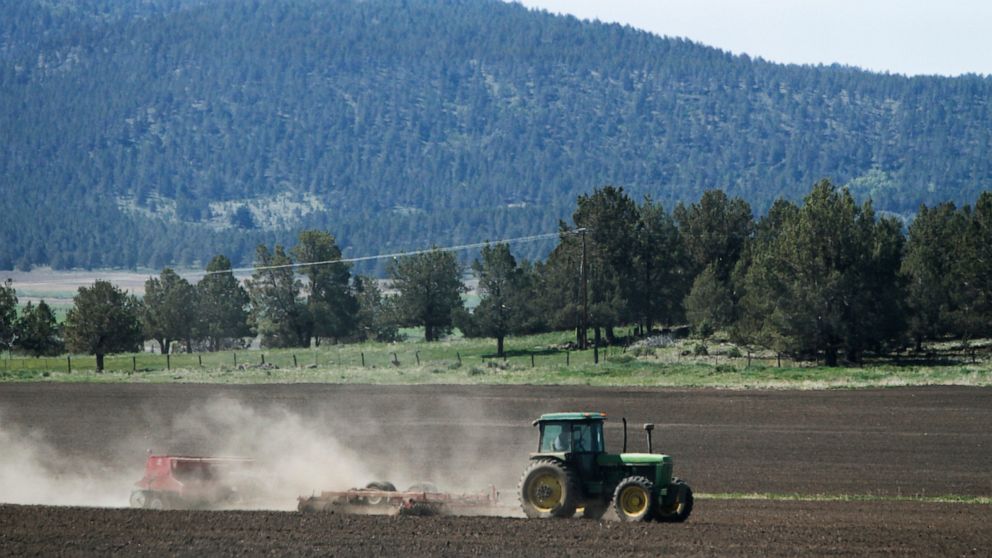Topic: Water crisis 'couldn be worse' on Oregon-California border

The water crisis along the California-Oregon border went from dire to catastrophic this week as federal regulators shut off irrigation slotxo มือถือ water to farmers from a critical reservoir and said they would not send extra water to dying salmon downstream or to a half-dozen wildlife refuges that. harbor millions of migrating birds each year.
In what is shaping up to be the worst water crisis in generations, the US Bureau of Reclamation said it will not release water this season into the main canal that feeds the bulk of the massive Klamath Reclamation Project, marking a first for the 114-year. -old irrigation system. The agency announced last month that hundreds of irrigators would get dramatically less water than usual, but a worsening drought picture means water will be completely shut off instead.
The entire region is in extreme or exceptional drought, according to federal monitoring reports, and Oregon's Klamath County is experiencing its driest year in 127 years.
“This year's drought conditions are bringing unprecedented hardship to the communities of the Klamath Basin,” said Reclamation Deputy Commissioner Camille Calimlim Touton, calling the decision one of “historic consequence.” “Reclamation is dedicated to working with our water users, tribes and partners to get through this difficult year and developing long-term solutions for the basin.”
The canal, a major component of the federally operated Klamath Reclamation Project, funnels Klamath River water from the Upper Klamath Lake just north of the Oregon-California border to more than 130,000 acres (52,600 hectares), where generations of ranchers and farmers have grown hay. , alfalfa and potatoes and grazed cattle.
Only one irrigation district within the 200,000-acre (80,940-hectare) project will receive any water from the Klamath River system this growing season, and it will have a severely limited supply, the Klamath Water Users Association said in a statement. Some other farmers rely on water from a different river, and they will also have a limited supply.
“This just couldn tell be worse,” said Klamath Irrigation District president Ty Kliewer. "The impacts to our family farms and these rural communities will be off the scale."
At the same time, the agency said it would not release any so-called “flushing flows” from the same dam on the Upper Klamath Lake to bolster water levels downstream in the lower Klamath River. The river is key to the survival of coho salmon, which are listed as threatened under the Endangered Species Act. In better water years the pulses of water help keep the river cool and turbulent - conditions that help the fragile species. The fish are central to the diet and culture of the Yurok Tribe, California's largest federally recognized tribe.